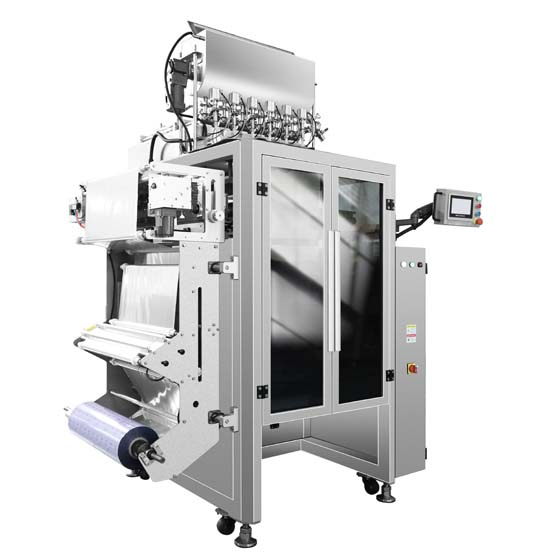Over the past decade, I’ve watched stick packaging machines revolutionize how we package small-quantity products. These slender, portable formats have become the gold standard for everything from instant coffee to cosmetic samples. The beauty of a well-designed stick packing machine lies in its ability to combine convenience with precision – something bulk packaging often struggles to achieve.
What many manufacturers don’t realize is how versatile stick packaging has become. Modern machines can handle:
• Free-flowing powders (like energy drink mixes)
• Granular products (such as sweeteners)
• Even viscous liquids (like honey or syrup)
I recently helped a startup transition from manual sachet filling to automated stick packaging. Their production output increased fivefold while using 30% less packaging material – a win for both profitability and sustainability.
For liquid products, today’s liquid packing machine technology has made stick packaging more reliable than ever. Advanced sealing systems prevent leaks, while precision nozzles ensure each stick contains the exact same amount. One client in the essential oils industry reduced product waste by 22% after switching to stick formats from traditional bottles.

The real advantage of stick packaging lies in its consumer appeal. Products packaged this way:
As shopping habits shift toward convenience and portion control, I’m seeing more industries adopt stick packaging. From pharmaceuticals to gourmet foods, this compact format solves multiple challenges at once. For businesses considering the switch, the question isn’t whether stick packaging makes sense – it’s which machine will deliver the best return on investment for your specific products.
Relevant Recommendation